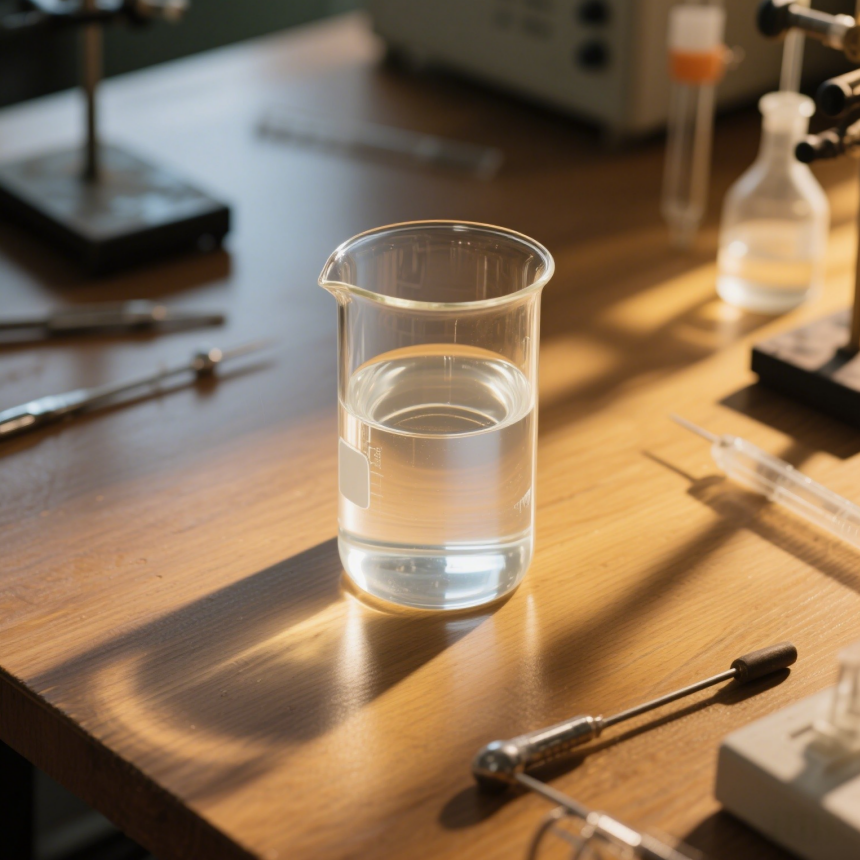das Recycling von 2-Ethylhexylacrylat (2EHA) umfasst das Wiedergewinnen und Wiederaufbereiten von Abfall- oder Ausschussmaterial, um die Umweltbelastung und Ressourcenverschwendung zu reduzieren, obwohl dies aufgrund seiner chemischen Eigenschaften besondere Herausforderungen mit sich bringt. Post-industrieller Abfall, wie ungenutztes Monomer aus Produktionschargen oder kontaminiertes Material, kann durch Destillationsverfahren recycelt werden, um Verunreinigungen zu entfernen und Reinheitsgrade wiederherzustellen (nahe 99 %), wodurch es für nicht-kritische Anwendungen geeignet ist. Dies beinhaltet, das Abfall-2EHA bis zu seinem Siedepunkt zu erhitzen, den Dampf aufzusammeln und kondensieren zu lassen sowie Verunreinigungen herauszufiltern – eine Methode, die für Großrecycler mit Zugang zu fortschrittlicher Destillationstechnik umsetzbar ist. Allerdings sind Polymere, die 2EHA enthalten (wie z. B. Acrylharze), schwieriger zu recyclen, da es erforderlich ist, die Polymerkette aufzubrechen, um das reine Monomer wiederzugewinnen, was Depolymerisationsverfahren erfordert, die energieintensiv sind und bisher überwiegend auf industrielle Anlagen beschränkt bleiben. Forschungen zu effizienteren Recyclingmethoden, einschließlich chemischer Depolymerisation unter Verwendung von Katalysatoren, laufen derzeit, um die Wirtschaftlichkeit zu verbessern. Das Unternehmen E Plus Chemical Co., Ltd. unterstützt Recyclingbemühungen, indem es hochreines 2EHA mit minimalen Verunreinigungen produziert, was das Recycling von Abfallströmen vereinfacht. Zudem berät das Unternehmen Kunden hinsichtlich der richtigen Handhabung von Abfällen, um die Recycelbarkeit zu maximieren, beispielsweise durch die Trennung von ungenutztem Monomer von anderen Chemikalien. Obwohl das Recycling von 2EHA noch nicht weit verbreitet ist, trägt es dennoch den Zielen der Kreislaufwirtschaft Rechnung, reduziert den Bedarf an neuem Rohmaterial und verringert den CO2-Fußabdruck in der Acrylat-Lieferkette.
